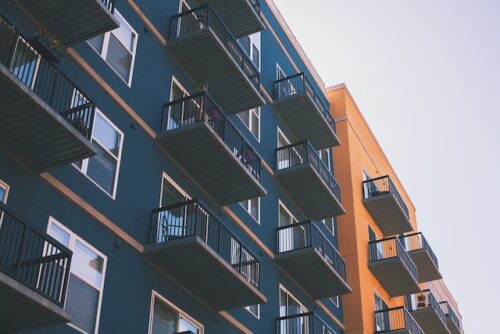
The search for the perfect apartment can be tedious for many, as several elements will influence the decision. However, when you finally find the ideal space, you may be disappointed to notice all the hazards around your building. When one of these hazards leads to a mishap, you may not know how to proceed following apartment accident injuries. Keep reading to learn more about when a landlord can be held liable and discover how an Ouachita Parish, Louisiana personal injury lawyer can help you through this process.
How Do Apartment Accident Injuries Happen?
There are several ways someone can suffer an injury or illness while living in an apartment building. The most common injuries that arise from apartment accidents are slips and falls, which are often caused by unsafe stairwells or flooring and inadequate lighting.
In Louisiana, staircases must meet specific height requirements and adhere to the statutes surrounding handrails. If a handrail is broken, there is a loose tread, or the stairs are too steep, you may slip and fall. This can result in broken bones, head injuries, lacerations, and more.
Similarly, if the floors are broken or loose, or the tiling is missing, it can cause severe injuries as this is a hazard. Someone walking can easily trip on this, causing bodily harm.
When Can My Landlord Be Held Liable for These Accidents?
A landlord is required to keep the property and common areas maintained. If you wish to pursue a lawsuit for any injuries you sustained in the building, you must prove that your landlord did not uphold the standard of care owed to you as a tenant.
For example, your landlord is not liable for any injuries you sustain that are caused by your own furnishings, as this is your property. However, they are responsible for all other things in the apartment that cannot be easily moved. This includes fixtures like sinks, walls, and ceilings.
The landlord may also be liable for the injuries you sustained in instances that occur in common spaces. For example, if the door to your building becomes loose and falls on you while entering the building, it is likely the responsibility of your landlord.
If your landlord is liable for the injuries you sustained, they may be required to pay damages. This includes medical bills, physical therapy, lost income, pain and suffering, and emotional damages.
When injured in the place you’re supposed to feel the safest, Breithaupt, DuBos, & Wolleson can help. Our dedicated legal team has the experience you need to help you receive the compensation you deserve. Contact us today to learn more about how we can help you when you’ve suffered at the hands of a negligent landlord.